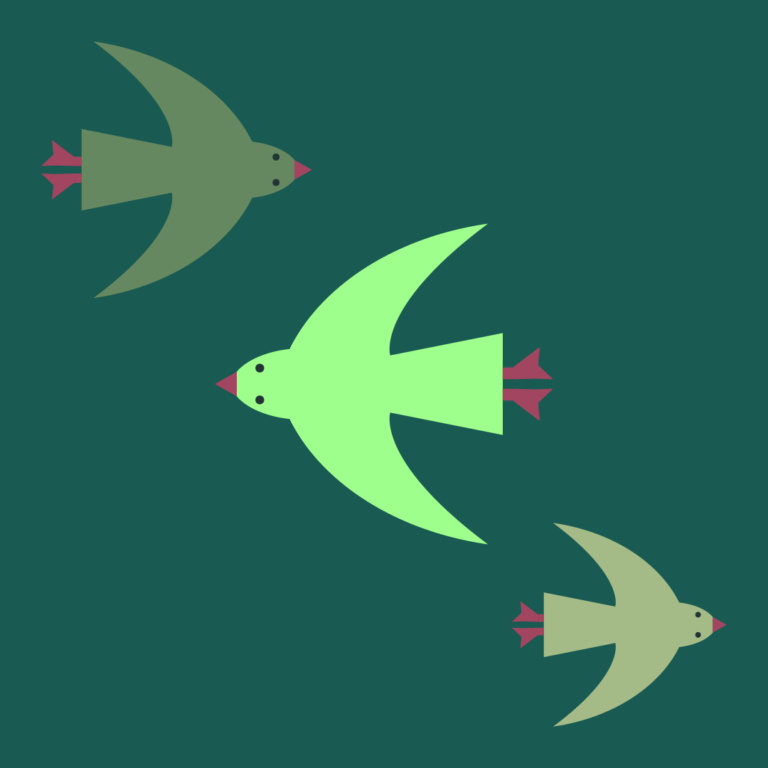September 23, 2020 — Article
In 1813 Gregory Blaxland, William Charles Wentworth and William Lawson became the first European settlers to navigate a path across the Blue Mountains. Their efforts opened the inland of Australia to pastoralism. This historical event set in motion a way of life that shaped a nation’s core identity for the next 200 years. A ‘breed’ of resilient men began farming a continent that was very different to Europe. It was vast and hardy. Resources were sparse. Conditions were rough. This era saw a type of man emerge that was a jack of all trades who could make the most of his environment. The term ‘stingy barks’ emerged to describe men who would build huts out of bark without the use of nails. Our perception of ourselves as pragmatic and resourceful stems from this time.
In these early days of opening up the land to the west, social class was a hinderance. What mattered was your resilience, ingenuity and ability to work hard under tough conditions. Convict pasts were quickly overlooked and people were judged on their skills. Egalitarianism developed not as an ideological movement, it was a practical response to a difficult set of circumstances.
Mateship comes from these early days as well. Unlike Europe or the coastal areas of Australia, the inland of our continent was not conducive to small, family owned farms. Large sheep and cattle stations with low density capacity, was not considered an appropriate place for a woman. In the early days of opening up the land for agriculture five out of seven men in inland Australia were destined for lifelong bachelorhood. They found support among their male friends in a lonely world. Camaraderie and looking after each other was not just a noble value, it was necessary to survival.
Australians have developed our key heroic moments around resilience; Gallipoli, the POWs in World War two and those on the Kokoda track. We continue to take pride in those who ‘battle’ seemingly overwhelming odds. There three key segments of resilient national hero; the farmers, the small businessman and the firefighters. In research I have regularly heard these people placed on a pedestal. The word ‘hero’ comes from the Greek word ‘heros’ which means to sacrifice for others. The farmers, the firefighters and the small businessman are fighting in difficult circumstances for us. The farmers grow us our food despite enduring floods, droughts and needles in strawberries. The firefighters save lives and property and the small businessperson brings goods and services that make our world go around. Politicians and leaders are lampooned and denigrated but in research rarely have I heard a bad word against the farmers, small business people and the firies. We will raise money for them. Causes like drought relief for farmers are noble causes. We will champion paying money to volunteer fireman. The core of our national identity may be weighted towards the masculine but is this is due to a positive underpinning of resilience?
We also now recognise the resilience of the Aboriginal community over 60,000 years. We pride ourselves on having the most ancient community on earth, that has successfully survived in a sustainable society that is now an inspiration to the world.
Of course, our national identity is a complex thing, with urban tangents and multiculturalism being a big source of pride. It’s not all a masculine and the outback. But is our love of multiculturalism partly connected to our egalitarian ethos; our determination to stick together and not judge anyone except on their contribution?
We may not be alone in having resilience woven into our national identity. America is the ‘home of the brave’ and has the legendry cowboy who sometimes inhabits a resourceless desert in the west. However, few nations pride themselves on resilience like Australia. We cannot detach ourselves from our geography which is tough, vast and iconically red – the colour of danger and passion. Resilience makes sense to us.
So how might this latest phase in resilient Australia impact our identity? I hypothesize that if in the past a negative victimhood was attached to resilience in the form of ‘the little Aussie battler’, we will finally cast it off in favour of a positive, mature story of resilience. Despite our mistakes and misjudgements, we have been pragmatic and stuck together (looking after our mates). This will affirm our belief that success means looking after each other in a levelled society. When we emerge we will not let any one particular person take the credit. 2020 will be an even greater year of battling the odds for Australia than other nations because Covid-19 was combined with the world’s most horrific bushfires. It will confirm that we are the strong nation with a stoic soul. It will reaffirm our pragmatic heart that just gets things done. Individuals will feel the battler within and we will admire our own strength in the face of fear and mental health challenges. The suffering of our iconic landscape and the unique wildlife that inhabits it will galvanise the battling archetype to its very core. The farmers will be bigger heroes because they provided food security despite severed supply chains. They brought us hygienic food we could trust. The small business people will have been hit harder than anyone but fought on where they could to provide for us. And the firemen…well what can I say….





